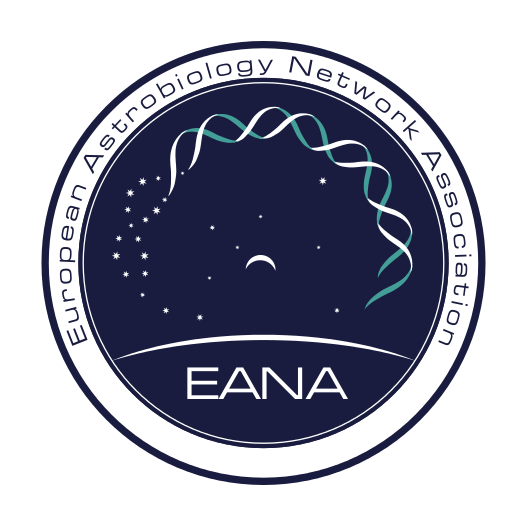 |
Abstract EANA2025-19 |

|
The potential role of Extremophiles as Food Supplements in Extraterrestrial Bioscience Engineering
Deep space missions are gaining constantly interest and mid-mission supply from Earth is not always an option. In Situ food production is being evaluated by space agencies to lead humans beyond the Earth. This food production must be efficient, to require as little energy as possible, and simple to initiate. For these reasons, one of the most realistic ideas is to cultivate crops to sustain space travellers during missions, rather than producing animal-based products. The strategy considered multiple options, leveraging on extraterrestrial in situ resources, the utilization of Bioregenerative Life Support Systems (BLSS), or a combination of these methods, which would address even more the limitations of providing food in long-term missions. In all cases, the provision of micronutrients from a mostly vegan diet does not cover the daily needs of astronauts, leading to several deficiencies.
In this work, the use of edible microorganisms is evaluated to provide micronutrients lacking in current predominantly vegan space diets. Numerous challenges exist in space conditions, necessitating the use of microorganisms with robust DNA repair systems able to survive constant exposure to space radiation. As a result, radioresistant, osmotolerant, and acidophilic microorganisms, which have been Qualified for Presumption of Safety (QPS list) or registered as Novel Food by the European Food Safety Authority (EFSA), were selected. These extremophiles have the potential to produce micronutrients that are absent from the current space diet.
The selected extremophiles will undergo testing in space conditions to assess their survival under ionizing radiation, reduced gravities, and utilizing bio-based in-situ resources techniques such as lysate from cyanobacterium grown on Martian simulant. This work presents the results of a model developed to evaluate the nutritional gaps in an exemplar space diet and explores the potential of extremophiles to address these gaps.
Results from the first screening show that the extremophilic non-conventional yeast Debaryomices hansenii can produce unsaturated fatty acids, Ergosterol which can be converted in Vitamin D2 (ergocalciferol) by UV irradiation. Spores of the halotolerant Bacillus subtilis have been studied for resistance to ionizing radiation and Martian surface conditions it is widely studied for vitamin B2 (riboflavin) production. Strains of the acidophilic Limosilactobacillus reuteri have been proven to produce Vitamin B12 and Folate.
